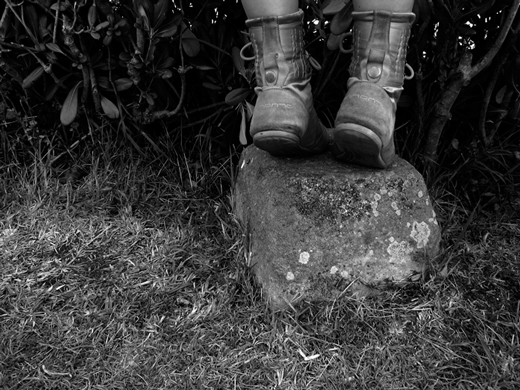When: since 2012 to 2017.
What: Research collaborative art practices and social behaviour.
Who: researcher Saioa Olmo and director M. Concepción Elorza of the Art and Technology Department of the UPV-EHU University of the Basque Country.
Web: transarte.wordpress.com
TRANSARTE is a research about performative and contextual art practices. It analyses projects that need the collaboration and participation of people to happen. It looks for breaking the categories of public and spectator and tries to create new relationships among the artists, art and people. It experiments as well with collaborative group dynamics through artistic strategies.
The interest towards participative artistic practices comes from the own artwork of the researcher and from not giving anything as naturalized or normalized. It is based on not considering as unavoidable the formats, disciplines, exhibition spaces and power relationships that are established in the current art system. We closely relate this with the feminist ideology: the imaginary, the institutionalised structures and processes are tied to the power and some artistic practices can help to institute new and radical collective imaginaries.
This research is based in the following statement: the art projects can influence the context where they happen, as part of on going social transformative projects. Art has the potential of connecting with people and of expressing unintelligible realities. However, its performativity is often neutralised by diverse factors: the domestication that the art category establishes (anything is possible meanwhile it remains inside the limits of art); its tendency to turn people into public/spectators (consumers of a cultural product elaborated by an author); because of being understood as a production for the pleasure of a social elite and because even though it is considered as an space for the critic, it is given among people that generally do not have the intention of passing into action. We have the pretension of establishing the bases to ratify the social performativity of art.
The research comes from three desires. Firstly, going in depth in the artistic experience that artistic participative practices offer: how we define the artistic experience, and in which shape we can find it in this sort of practices. Secondly, researching about relational artistic processes: analyzing participative strategies and collecting group dynamics. Finally, creating artistic transformative experiences provoking situations and significant behaviours.

